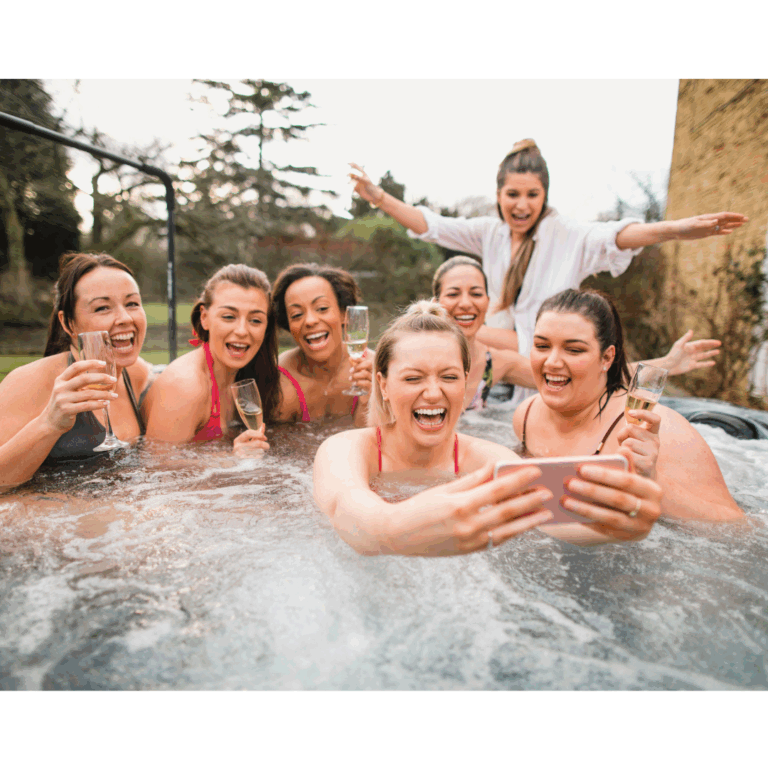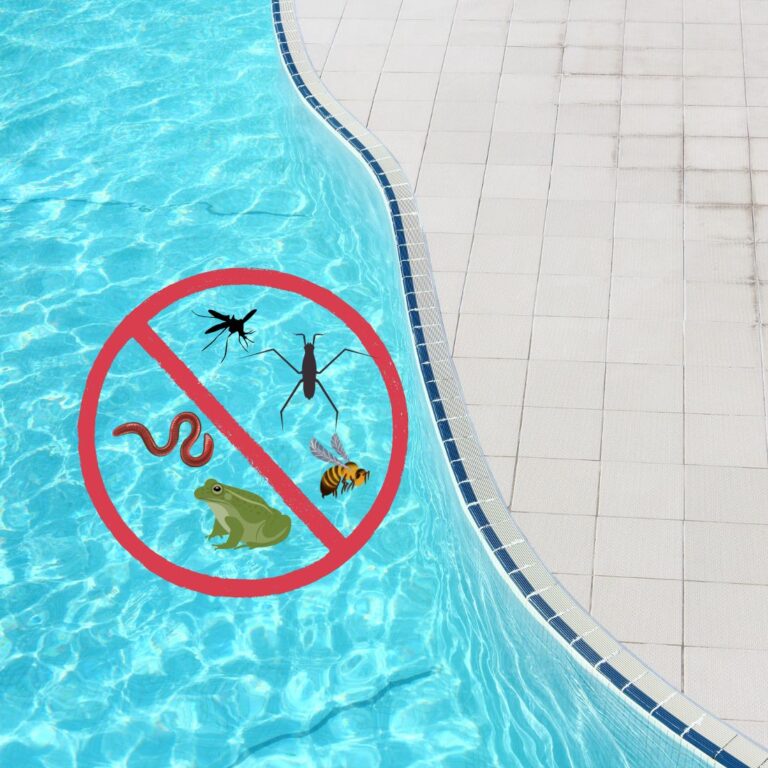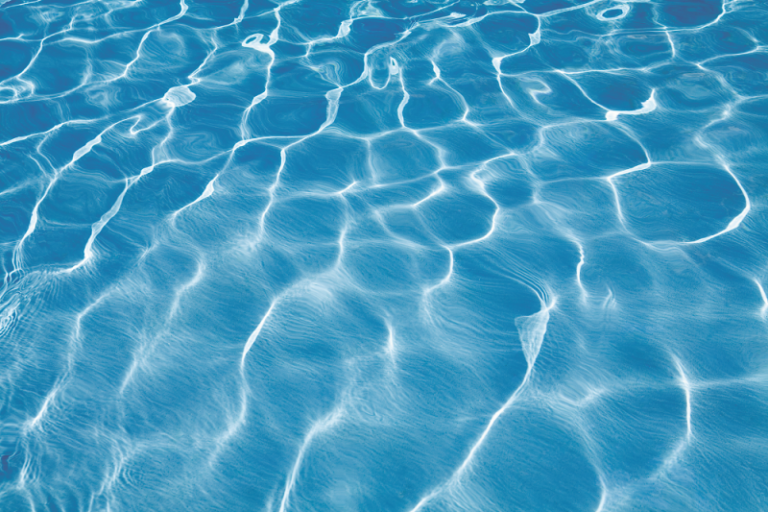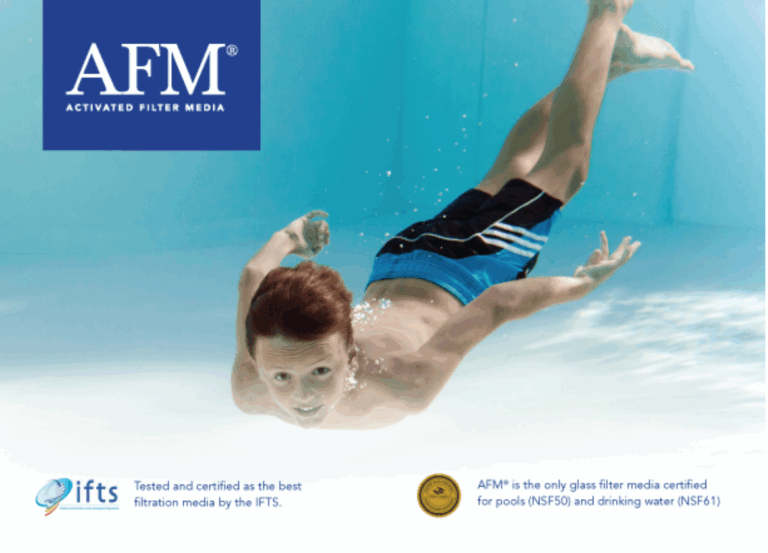Outfitting your backyard with a pool can bring endless joy and excitement all summer long, helping your kids build lifelong memories and giving them a way to stay active.
Your pool is only exciting as long as it’s clean and well-maintained; after all, no one wants to dive into green water!
With the right swimming pool supplies, you can easily care for your pool so you and your family can jump in anytime you want, free of worry!
Not sure what pool supplies you need?
This article is filled with everything you need to know. Keep reading to find out the eight must-have pool supplies you won’t want to go without!
8 Must-Have Swimming Pool Supplies
Taking care of your pool can be hard work, but with the right pool supplies, your pool will be ready to cool you off anytime you need it!
1. Water Test Kit
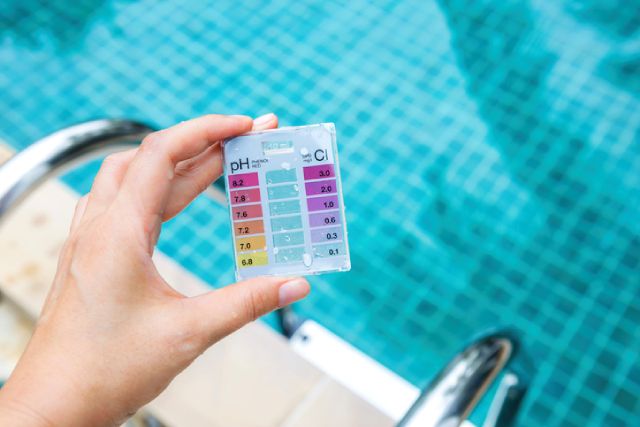
Testing your water is one of the most important steps in caring for your pool, and without the right tools, you’ll be left guessing how much treatment products you need to add!
Keeping your pool water safe takes a fine balance of various products, and testing the levels of these will help ensure you can easily keep them where they need to be.
Testing your water is simple and can be done with a water test kit, pH test strips, or a digital meter.
The three levels your test should provide accurate readings of include:
- pH levels
- Alkalinity
- Sanitizer levels
Your water’s pH levels should be between 7.3 and 7.6, while the alkalinity should remain within the range of 80 and 120 parts per million (ppm).
Your pH levels show you how basic or acidic your water is, while the alkalinity of your water helps stabilize your pH levels.
If your alkaline levels are too high or low, your pH levels can fluctuate, causing your water to become cloudy, smelly, or corrosive.
2. Chemicals
When it comes to your pool water, its chemistry will determine whether it’s safe to dive into.
Keeping your water healthy will require a number of chemicals, some of which ensure your water doesn’t become overrun with bacteria, while others ensure it doesn’t become too acidic.
Sanitizer
Your sanitizer is the chemical responsible for breaking down bacteria in your water, keeping it clean and safe for you to be in.
Any body of water is susceptible to bacteria developing in it, and these bacteria can leave you with red, itchy skin, irritated eyes, and even rashes.
Keeping your sanitizer at the right levels will help ensure your pool is safe to use.
There is a range of sanitizers you can use in your pool, each with its unique benefits.
- Chlorine
This is the most common sanitizer on the market and is the most widely known option. This sanitizer is an affordable and highly effective water treatment option.
Chlorine cleans your water by breaking down bacteria and microorganisms that naturally develop in pool water.
If you use chlorine, your free-chlorine levels in your pool should be between 1 and 3 ppm.
- Bromine
Bromine is a chlorine alternative and also a common sanitizer. One of the appealing aspects of bromine is its lack of smell, however, it is not as stable as chlorine and breaks down quickly when exposed to the sun’s UV rays.
When using bromine, your sanitizer levels should remain between 2-4 ppm.
- Saltwater
Saltwater pools have been growing in popularity, and with good reason. These pools provide a smooth, gentle swimming experience, leaving your skin and hair drastically softer than in chlorine pools.
These pools keep your water clean using salt cells that produce chlorine as the water passes through them. While they have a higher startup cost, you can save a substantial amount of money over the years when using this system.
Saltwater systems only require you to add more salt to them two or three times throughout the season, as opposed to chlorine which is added every one or two weeks.
If you have a saltwater pool, your salt level should be between 2700-3400 ppm.
- Biguanide
Biguanide is a chlorine-free sanitizer that is ideal for people who have a chlorine sensitivity which could lead to an unpleasant swimming experience.
Instead of breaking down the bacteria in your pool, biguanide works by drawing them together, so they form clumps which are more easily caught by your pool filter.
While this sanitizer is great for people who need to avoid chlorine systems, it can be difficult to maintain your water, especially if you struggle to maintain a rigorous cleaning schedule.
When using biguanide, your sanitizer levels should be between 30 and 50 ppm.
Alkaline Increaser
Your alkalinity helps support your pH levels, ensuring they are able to remain balanced. If your alkalinity falls out of balance, your pH will quickly follow.
If your alkaline levels drop below 80 ppm, you’ll need to add a total alkaline increaser to your water.
While you can buy an alkaline increaser, you can also use household baking soda to bring it back into range.
If your pH levels have also fallen out of balance, ensure you treat your alkalinity first before focusing your attention on your pH levels.
pH Up and Down
As mentioned above, keeping your water’s pH levels balanced is essential in keeping your pool safe to use.
If your pH dips below its threshold, your water becomes too acidic and can begin damaging your pool’s liner, stone or grout.
High pH levels, however, mean your water is too soft, which can decrease the effectiveness of your sanitizer, leading to irritation if you go for a swim.
Using a pH increaser and decreaser can help you bring your pH levels back into range.
Pool Shock
While your sanitizer works to clean your water, its levels will naturally drop over time. If they get too low, you might notice a strong smell of chlorine the next time you walk into your backyard.
Your pool should never smell like chlorine, and if it begins to resemble the smell of a public pool, it’s a clear sign your water is under-sanitized and needs to be shocked.
A shock treatment will help spike your sanitizer levels back up, cleaning your water and ridding you of the overwhelming smell of chlorine.
Include a shock treatment in your weekly routine to make caring for your pool water easy in the future.
3. Pool Thermometer
The temperature of your pool not only ensures you enjoy your next swim but also keeps your sanitizer levels where they should be.
Your pool water should always be between 26 and 30 degrees to maintain the effectiveness of your sanitizer.
To monitor your pool temperature, you can use a floating thermometer.
You can even invest in one that sends notifications directly to your phone to warn you of any changes in your water’s temperature that require your immediate attention.
4. Skimmer
Skimming the surface of your water will not only keep your water looking fresh on top, but it’ll reduce the work your pool filter needs to do.
Not every skimmer is made equal, and which one you decide on will influence how much you can pull from your water at once.
If you don’t have many trees near your pool, you may only need a standard skimmer. However, if your pool is consistently under attack from the nearby trees, investing in a thick, deep skimmer may be best.
5. Vacuum
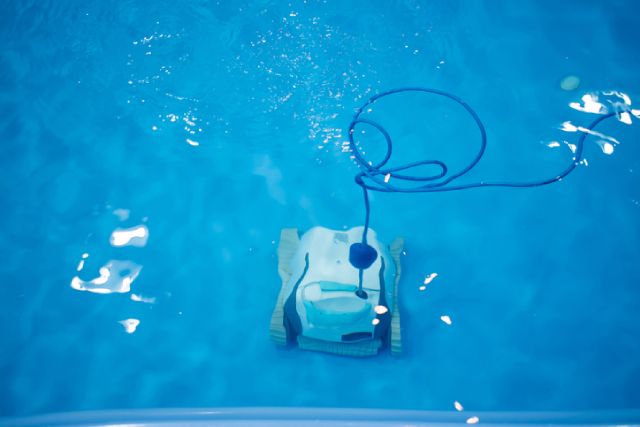
Over time, your pool will develop a thin layer of scum under the water, making the floor and walls of your pool feel slippery to the touch.
This naturally occurs during use but should only become noticeable if you fail to stick to a vacuum schedule.
Having a vacuum makes it easy for you to clean the bottom of your pool, clearing away any build-up that’s occurred.
This not only keeps your pool liner looking and feeling its best, but it also reduces the amount of damage it experiences over the years.
Keeping your pool clean has a drastic effect on your liner’s lifespan, so including a top-quality vacuum in your list of pool supplies can save you substantial money in the future.
6. Pool Brush
This goes hand in hand with your vacuum. While you can move your vacuum around the bottom of your pool, it’s not easy to clean up the sides of the walls with it.
Using a pool brush can make it easy to scrub any debris off the walls, ensuring your entire pool is being cleaned with the same level of care.
7. Adjustable Telescopic Pole
Unless you want to be swimming while you clean your pool, you’ll need an adjustable pole to attach your cleaning supplies too.
A telescopic pole will usually come with various sections, allowing you to customize the length of it. This makes it easy for you to switch out your cleaning heads, using one pole to perform every cleaning task you have.
Many of these poles will work with your brushes, skimmer, and even some vacuums.
8. Cover
Your cover is your first barrier of protection, ensuring that nothing gets into your pool.
Your pool cover will reduce the work you need to do to keep your water clean by protecting your water from the sun’s harmful UV rays, which can deteriorate your sanitizer, rendering it ineffective. It also keeps any debris out of your pool.
Covers come in various forms, with some being designed to lock the heat in, so your water can stay warm, while others include a locking mechanism to maximize the safety of your pool.
Pool Supplies in Duncan, BC
Whether you’re looking for a top-quality pool to add to your backyard or need reliable pool supplies to maintain your water, Sun Valley Pools & Spas have everything you need.
Explore our range of water care products online, or visit us in-store at one of our two convenient locations to explore your pool options. Our team of experts is here to help.
Have questions? Give us a call at your local dealer!

